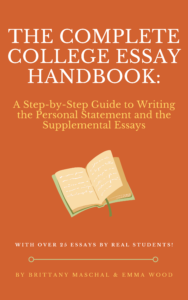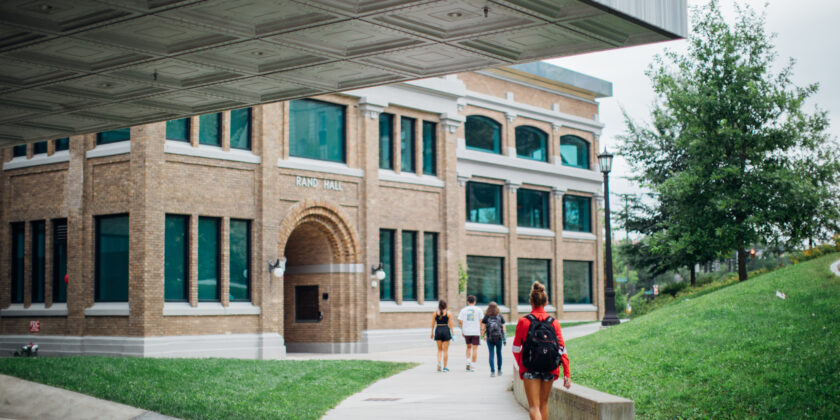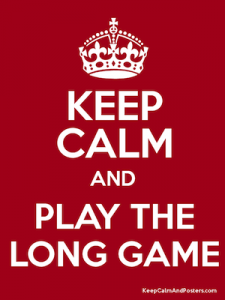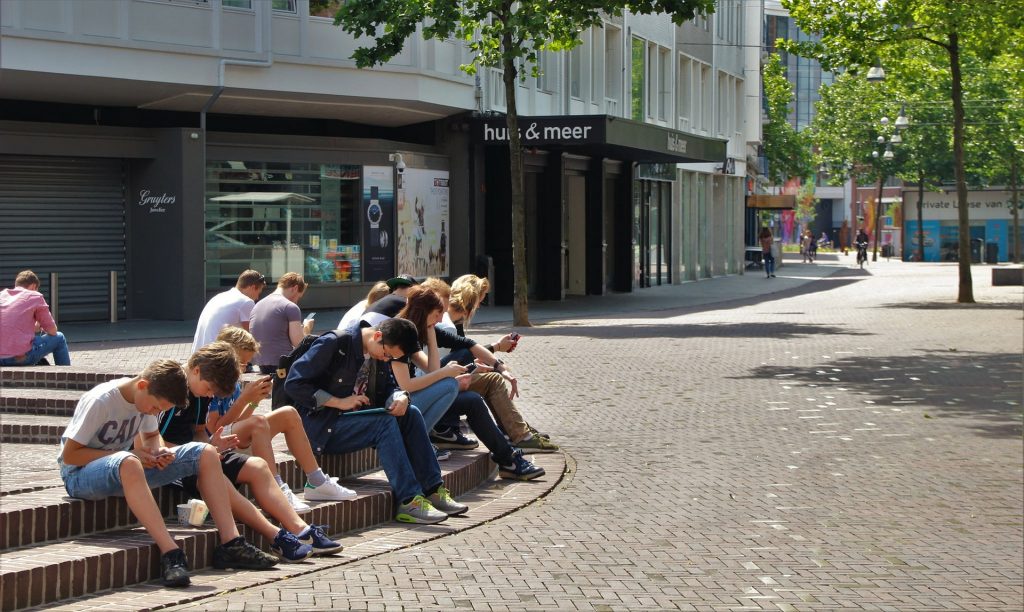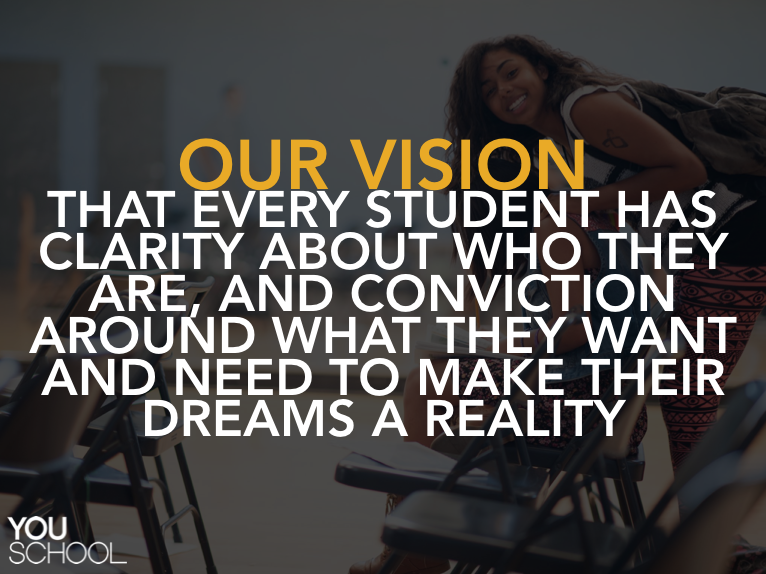Dr. Delvina Miremadi-Baldino is the Founder and Chief Resilience Officer of Realize Your Resilience, a company dedicated to helping individuals, groups, and organizations build upon their strengths and foster resilience so they can grow, succeed and thrive. Enjoy her wonderful insights, and be on the lookout for more from her on our blog in the future!
I would love to learn more about how you became interested in positive psychology, and more specifically, resilience:
Much like the evolution of how Positive Psychology came to be a field of study, my personal and professional connection to Positive Psychology and resilience blossomed out of a realization that there was too much focus on what was wrong and not enough focus on and understanding of what is right.
Professionally, this unfolded for me with a switch from a Clinical Psychology track to a more dynamic and multi-dimensional track in human development, education, and eventually, Positive Psychology. My interests grew from understanding and treating mental illness to prevention for mental illness to finally understanding the science behind how humans overcome adversity (resilience) and flourish. I love taking research-based positive psychology concepts and transforming them into engaging, easily digestible tools and skills that can help propel individuals toward happiness and success! When I finally found the science of Positive Psychology and the practice of applying these concepts to make people more resilient, it felt like I was home.
Personally, my life story also follows a similar path. Growing up, I struggled with a mindset and inner self-critic that made navigating life’s inevitable challenges very difficult. Over the years, those belief systems and thought patterns took their toll on me, leaving me feeling anxious, depressed, and hopeless. As I embarked on a path toward change, my focus grew away from focusing on what was wrong and towards positive coping and skill building. Learning to be more resilient by applying Positive Psychology skills helped me change my thoughts and belief systems in such a way that my corresponding feelings and behaviors led to the beautiful, flourishing life I lead today.
Why is resilience an important trait to develop?
There are many reasons why fostering resilience is important, but at the top of the list is living a resilient life means we can be happy, healthy, and successful humans beings who wake up every morning feeling like the best version of ourselves, despite the difficulties life may throw at us. To focus on living a more resilient life requires you to look inward to find the answers and resources to do so. It’s not about some external resource with all the answers.
As Dr. Martin Seligman’s work supports, our thoughts and beliefs are what dictate our life. It’s not about what happens to us that determines how we feel or behave, it’s how we think about what happens to us that then establishes our emotional and behavioral reactions. We can’t control the external events of the world or people around us but we can control how our story plays out in the face of those events. When we realize that, our trajectory through life changes for the better and sets us on a path toward flourishing. That is resilience at its best!
What are some signs that a student (high school age) may need to work on developing their resilience? Is it ever “too late” to work on becoming more resilient?
Resilience is not something some people have or don’t have; it’s something we can all learn to develop. It’s also a concept all individuals should understand as it provides a more positive lens through which to see and pathway to process the inevitable difficulties we will face in our lives. Resilience is simply our capacity to take in and process the negative events in life in a way that they don’t completely interrupt our path to flourishing.
The “take in and process” part is our perceptions, beliefs systems, and thought patterns that determine our ability to effectively cope with and move on from a challenge. During high school, specifically, the brain is experiencing its second biggest period of growth and the body is rushed with hormonal changes, contributing to beliefs about oneself and the world that are often negative and narrow. Resilience skills are particularly valuable at this age because they provide the opportunity to help counteract that automatic negative bias. They also provide new, more positive pathways in the brain, creating more optimistic and flexible thoughts and beliefs.
So, to come back to your question, don’t wait or look for signs before being proactive and filling your student/child with all the “good stuff” science has proven leads to being more positive, productive, and thriving individuals. All students would greatly benefit from learning the skills of resilient thinking and positivity. It is never too early, or too late, to begin this important work.
I work primarily with high school students who are beginning or are in the midst of the college planning, search, and application process. How can students in grades 9 and 10 begin to prepare themselves for a process that is often stressful and fueled by competition and prestige?
So much of the college preparation process asks students to look “outside” of themselves to find the answer to their future. The school, the major, and the career become the focus in their search for meaning, identity, happiness, and success. But as students embark on this journey, it’s also important for them to ask a different set of questions; questions that divert their attention back inward. What are your strengths? How do you view and handle mistakes and failure? What is meaningful to you and why? Questions like this are the core of who a person is and who they will become and are the true compass for living a thriving life.
Research shows that students who know and use their strengths, who see failure and mistakes as an opportunity to grow, and who have meaning and a sense of purpose in their lives, perform better, are more motivated, are happier, are more satisfied, and achieve more in their lifetime. Students feel stressed during this decision-making process because they believe their future happiness and success is dependent on it. We are doing them a disservice by not teaching them that it’s actually the opposite. Based on years and years of research, getting into that dream school, achieving that dream career, and being a success in those realms is not what leads to a happy, fulfilling life. It’s leading a fulfilling, happy life that leads to success. In other words, if they want to make decisions now that will lead to a happy, successful career, we must help them look inward and let their true self be the compass, not all the external pressures and expectations.
What advice do you have for students who have already formally started the process, grades 11 and 12?
First, congratulations! Regardless of where you get into college, you have made an important decision for your future and that requires a BIG congrats!
Second, as I have mentioned, be sure you take some time during this process to look inward, reflect, and remain true to yourself. If you aren’t sure who that is, spend some time figuring it out before moving forward with the college decision-making process. As cliché as it sounds, this decision is about what’s important to you and finding a place where you can see yourself truly flourishing.
Third, the actual school you attend doesn’t matter as much as you think. Take your top school and compare it to your 4th. Guess what, it’s still the same person going to each. YOU are the only one who can make your college experience everything you want it to be. Take a deep breath, relax, and stop putting your schools in some kind of order. YOU will be amazing no matter where you go to school because the overall experience is up to you and will be what you make of it!
How important are parents in helping students develop resilience, and stay positive throughout this process, and high school more generally, especially given how competitive the landscape is today?
I would say the parents are the most important factor when it comes to students developing their resilience. It’s our job as parents to teach, nurture, and support our children, so they can grow up to happy, flourishing human beings. Based on the development and hormonal changes that are happening in the brain between ages 13-22, our high school and college age students need us now just as much as ever (even though they often express the exact opposite). What we teach and how we nurture and support our children is an important part of this process.
Resilience provides parents the opportunity to teach children the skills that lead to happy, healthy individuals who contribute to society in a positive way. It also brings awareness to their authentic self, so that we can nurture and support them in ways that lead to them reaching their maximum potential. We all want the best for our children, and resilience reminds us that the potential for living their best lives exists within in them, not in external pressures, expectations, or accomplishments. I love the analogy that as parents, we are gardeners. We create the rich, nourishing soil, we plant the seed, and we water it, but it is its own individual organism and it will grow into whatever beautiful flower or plant it is supposed to be. In this analogy, resilience skills are the vitamins in the soil that make the plant strong and healthy and the water that nourishes them from the inside out.
What advice do you have for parents who want to help their kids as they go through this process, and high school more generally?
In addition to the advice I have given above, I would tell parents to put on their own oxygen masks before they try to put on their child’s. The old in-flight emergency advice is a wonderful metaphor for life when it comes to parenting and fostering resilience. Before you spend your energy and efforts trying to foster resilience in your child, make sure you take a long, hard look in the mirror and think about your own resilience. How do you handle mistakes and failures? What is your inner self-critic saying to you when you face a challenge? What are your strengths? Do you have meaning and a sense of purpose in your life?
Your answers to these questions reflect what you are modeling for your children with daily thoughts, emotions, and behaviors. One of the best ways to foster resilience in children is to model resilience. Consider what living a resilient life looks like, not just as parents but also as human beings contributing to the world, and model that for your children.
Recommended Online Resources:
http://www.positivityratio.com/index.php
http://self-compassion.org/
http://www.viacharacter.org/www/
http://www.mindfulschools.org/
http://www.pursuit-of-happiness.org/
Where can people learn more about you, your Realizing Your Resilience (RYR) framework, and coaching practice?
As I mentioned before, in all the work I do, my mission is always to help translate research-based positive psychology concepts and transform them into engaging, easily digestible tools and skills. I want everyone to have the opportunity to learn and grow from the power of resilience and core positive psychology concepts like growth mindset, optimistic thinking styles, positive self-talk, flow, self-efficacy, motivation, etc. Over the past 10 years I have worked for Children’s Hospital Boston, developing innovative prevention tools, as well as Life Advantages LLC, where I developed a resilience toolkit for colleges and universities, a Resilience Success Assessment to help quantify the concept of resilience, and am currently developing a self-paced e-learning resilience course. I recently founded Realize Your Resilience LLC, a company that provides one-on-one coaching and resilience education through workshops, webinars, and speaking engagements.
The Realize Your Resilience programs and services help individuals foster resilience through a holistic approach to overcoming life’s challenges by building on an individual’s strengths. I recognize that everyone can live a happier, healthier life when provided with the proper information and guidance to realize their resilience. The Realize Your Resilience model reveals the building blocks anyone can use to GROW to be your best self, SUCCEED in achieving all of your goals, and THRIVE in all aspects of your life.
RYR specializes in a unique form of life coaching, tailored to help students foster their unique capacity for resilience and discover their individualized pathways to success. Every student deserves to wake up in the morning, feeling confident in who they are, believing in their abilities, and feeling optimistic and positive for the future. And with this confidence, belief in themselves, and new perspectives, students are better equipped to navigate the challenges they face with grit (perseverance and passion) and resilience (grow, succeed, and thrive).
There is no one-size-fits-all model to academic resilience coaching. Rather, RYR’s approach honors that each individual has his or her own unique “learning” journey and, given the right tools, curious questioning, and safe space to explore, will have the capacity to flourish!
RYR coaching offers support and guidance to high school and college students that will help:
- Improve your academic performance
- Decrease your worry and anxiety
- Strengthen your relationships and build new networks
- Set and meet your goals with efficiency and ease
- Feel a stronger connection and sense of belonging
- Believe in your abilities
- Find purpose and meaning in your life
- See the future with optimism and hope
Please visit my website realizeyourresilience.com or connect with me here to set up a free call to discuss your needs and how I might best support you and your family.
